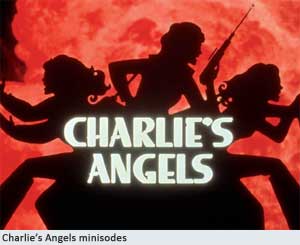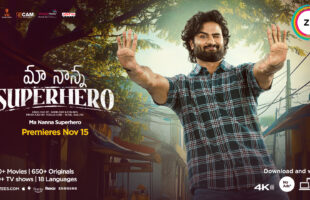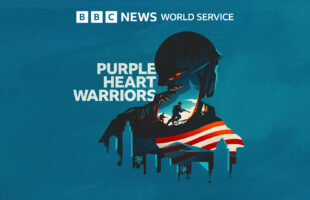
Today it’s rare to find a TV program that solely exists in TV land. Often you will find it online, with a few clips uploaded to YouTube or on a site where you can watch the show in its entirety. Or you can buy the DVD of the program, or watch episodes and snippets of it on your mobile phone. Some are even made into video games, or comic books or even major studio films. Television programming has become a 360-degree media commodity that is chopped and modified for many different platforms, and broadcasters are coming to the party. But is this anything new? For decades we have seen movies made into TV shows, TV shows made into movies, comic books made into TV shows and vice versa. Think of Charlie’s Angels, the TV program made into a movie. Think of The A-Team, The Addams Family, The Fugitive, Get Smart, Miami Vice and The Transformers. Recent examples in Australia have included the Network Ten TV hit MasterChef, which launched several spinoff shows and a MasterChef magazine, and past examples such as Better Homes & Gardens magazine, which spawned a TV and radio show, and Burke’s Backyard which launched on radio, then TV and then a magazine. 











